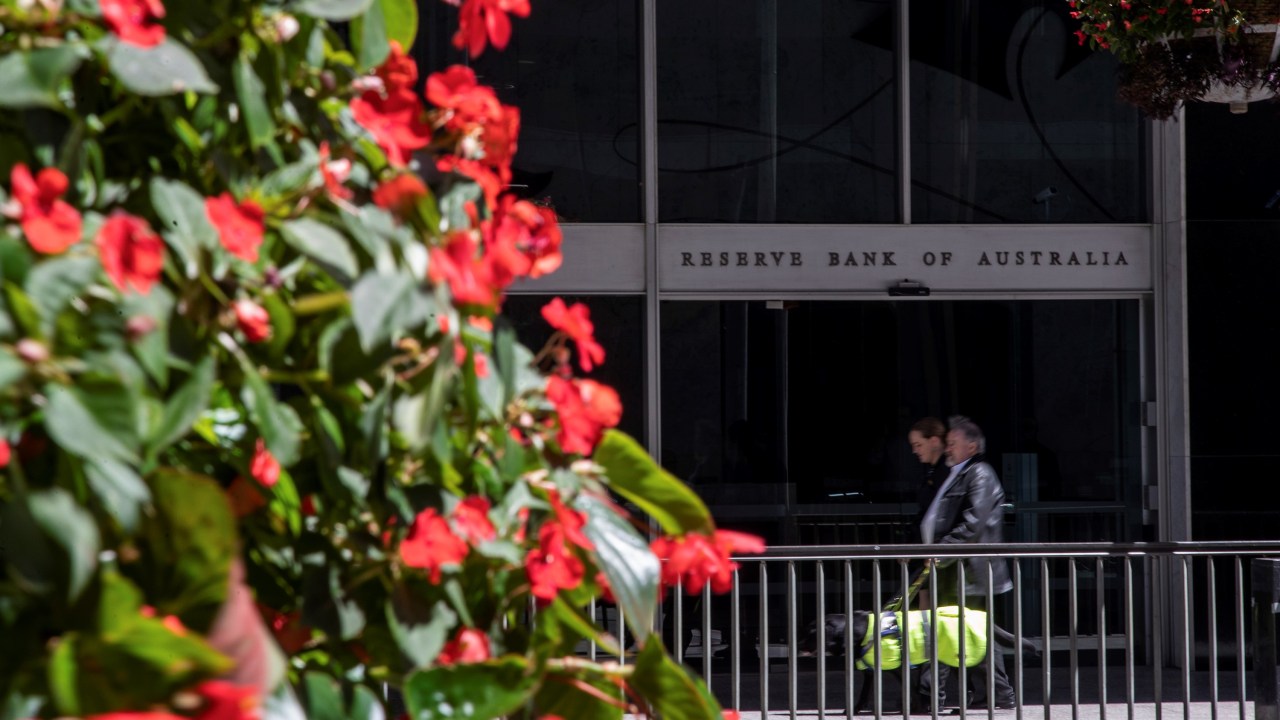Independent economist Warren Hogan has warned Australians can expect to face another interest rate hike at the next Reserve Bank meeting, as he also took aim at the government for not doing enough to help fight inflation.
Judo Bank Chief Economic Advisor Warren Hogan says the government has “underestimated” inflation.
Mr Hogan told Sky News Business Editor that a lot of governments and central banks around the world have also misjudged the inflation problem.
“And they probably haven’t done as much as they should’ve,” he said.
Data released by the Australian Bureau of Statistics on Wednesday showed inflation had risen to 3.6 per cent in April, defying expectations for a 3.4 per cent rate.
Meanwhile, core inflation, which the RBA prefers to use when making interest rate decisions, remained steady at 4.1 per cent, well above the target two to three per cent range.
The result sparked fears among economists that Australia may be at risk of seeing a rebound in prices, with particular concerns raised about the effect of cost of living measures in this month’s Federal Budget.
Speaking to Sky News Australia, Mr Hogan explained the relief, along with new government spending commitments, could increase pressure on the RBA despite claims from Treasurer Jim Chalmers that the budget would lower inflation.
“They’re not helping with the new spending, $10 billion in the coming year, they’ve got tax cuts which are coming,” he said.
“You could make the case that this extra spending is putting pressure on demand, putting pressure on inflation and therefore interest rates, but it’s a problem we have to face and the RBA has to deal with what they’ve got.”
Mr Hogan added the government had “underestimated” inflation, meaning they “probably haven’t done as much as they should have”, to help take pressure on prices while leaving the RBA to “carry the can”.
That view was echoed by KPMG chief economist Brendan Rynne, who argued the budget had been “more expansionary than we expected, given the RBA’s ongoing efforts to bring down inflation.”
Both men suggested inflation was “sticky”, with housing costs in particular making it difficult to ease pressure on prices.
Rental costs rose 7.5 per cent in April, the ABS reported, as low vacancy rates and lack of supply continue to put pressure on the market.
Judo Bank Chief Economic Advisor Warren Hogan says the government is “not helping” with lowering inflation.
Mr Hogan told Sky News Business Editor Ross Greenwood that the extra spending in the budget is “putting pressure on demand”.
“Putting pressure on inflation, and therefore interest rates.”
Mr Hogan also highlighted that many costs, including in energy and housing, would be higher still if not for government subsidies.
“A lot of these domestic services, food in the month was up a bit and of course rents, rents are just continuing to push up, and if we took out the rental assistance from the government and some of these other subsidies, inflation would be even higher,” he explained.
Mr Rynne has also discussed this issue, responding to Mr Chalmers’ claims the budget would lower inflation, he explained unless the underlying causes of price pressures were addressed there was a risk inflation could jump as soon as subsidies and rebates were ended.
There is also the issue of aggregate demand, which some analysts have suggested could receive a significant boost off the back of the government’s reworked stage three tax cuts and additional cost of living handouts.
Although putting more money back into the pockets of households will provide much needed relief, it may also spark a rebound in consumer spending which the RBA warned “could sustain aggregate demand above the economy’s supply potential and delay the return of inflation to target”.
Turning to how the bank may react to Wednesday’s inflation data, Mr Hogan claimed RBA’s “only option” was to hike rates given the government’s lack of action on prices.
“The inflation is not disappearing, the cost pressures are there, the domestic inflation is there, and it’s all up to the Reserve Bank,” he said.
“If they don’t do it, no one else will because the government’s certainly not really doing it.
“So I think they’re going to go in June. I think it’s the only option they’ve got.”
AMP Chief Economist Shane Oliver discusses the rise in inflation from 3.5 per cent to 3.6 per cent as indicated in the April Consumer Price Index (CPI).
“These numbers were certainly disappointing,” Mr Oliver told Sky News Australia.
“I was looking for a fall to 3.3 per cent from that 3.5 number we saw in March, so a rise to 3.6 per cent is certainly a concern.
“Obviously, inflation pressures remain sticky in the economy.
“I don’t think this is enough to bring on another rate hike at the June meeting, that said, it does add to the risk of another rate hike at some point.
“It also adds to the risk that rates will simply stay higher for longer, possibly into next year.”
Markets also appeared to suggest a hike may be on the horizon, modestly increasing the probability the RBA would raise rates to 4.6 per cent.
They imply a roughly 20 per cent chance of a rise by September, while the timing of a first rate cut has been pushed out to December 2025.
Not all economists agree with Mr Hogan’s view, however, with EY chief economist Cherelle Murphy suggesting that volatility in the month-to-month inflation measure could see the RBA err on the side of caution and keep rates on hold.
Despite this, she warned further “upside surprises” would test the bank’s resolve, leaving open the potential for a rate hike in future.

